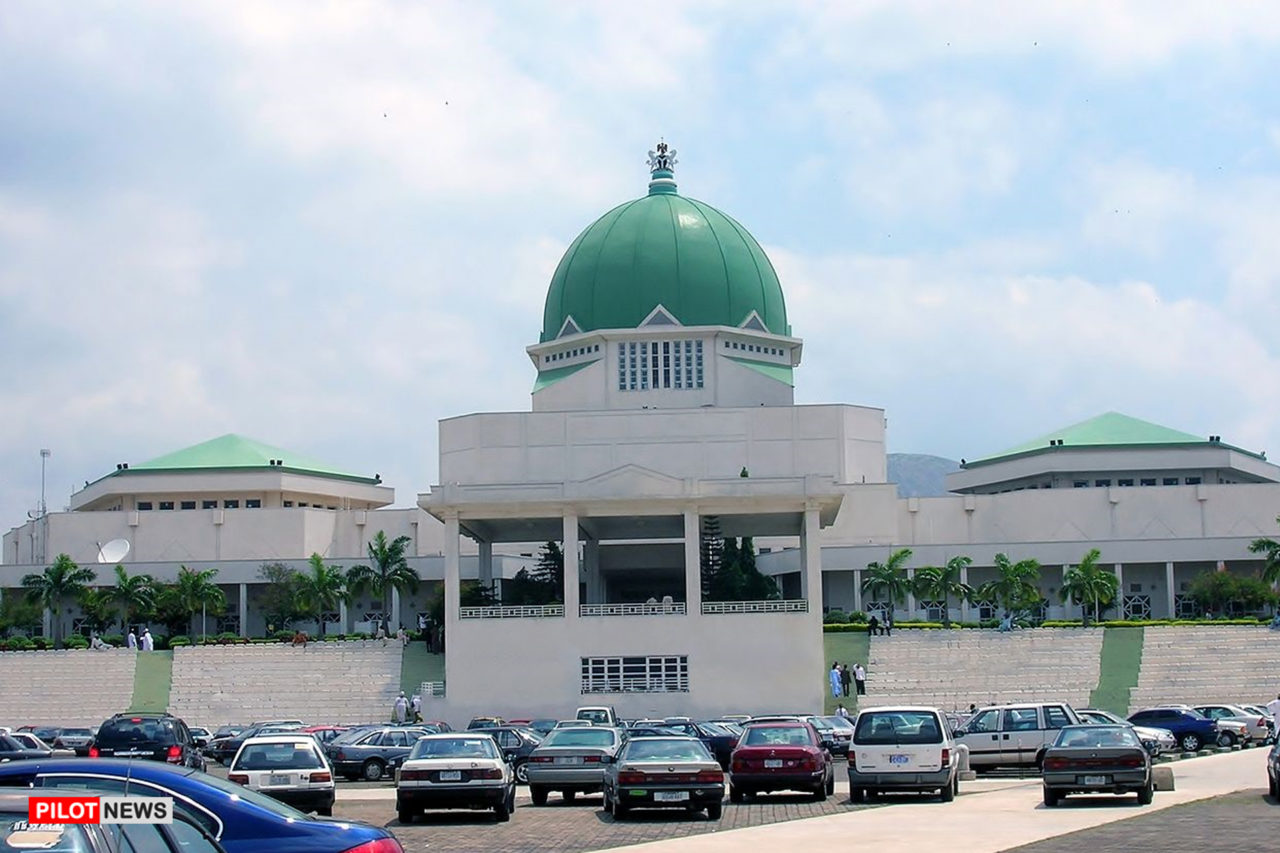The Senate has amended the 2023 Appropriation Act, extending the implementation period from March 31 to June 30.
The upper chamber of the National Assembly also re-enacted the Supplementary Appropriation Act 2023 to extend its implementation from January 1, June 30.
The Senate’s action followed a request in a letter by President Bola Tinubu which was read by the Senate President, Godswill Akpabio, at plenary on Wednesday.
Tinubu in the letter titled “Transmission of Appropriation Amendment Bill 2024 and Supplementary Appropriation Amendment Bill 2024 for consideration said the request was pursuant to provisions of section 58 (2) of the constitution of the Federal Republic of Nigeria 1999.
The President explained that “I forward herewith the Appropriation Amendment Bill 2024 for the kind consideration of the Senate.
“The appropriation amendment bill 2024 seeks to amend the appropriation act 2023 to further extend the time for implementing the capital expenditures of the appropriation act 2023 from March 31 to June 30 .
While the Supplementary Appropriation Act 2024 seeks to amend the Supplementary Appropriation Act 2023 to extend its implementation period from 31st March to June 30.”
This is as he said that the request for extensions was to ensure exhaustive implementation of the appropriation act.
The request of President Tinubu resulted in a heated debate, as Senators hinged their contributions on the positions of the 1999 constitution as amended.
Senate Chief Whip, Ali Ndume (APC -Borno) said the Clerk of the Senate was in a better position to properly advise the legislators on the request of President Tinubu.
“What we are trying to do, it is better we do it in a way we will not have constitutional complications.
“This is a supplementary bill, It could be the same document as the 2024 supplementary act, so that it can be applied.
“This is a supplementary budget, the Senate leader can present it as a bill for 2024.
Deputy President of the Senate, Sen. Barau Jibrin, (APC-Kano) said:
“We are the ruling party, the president is ours. We must defend him by doing what is normal, what is in line with the procedure and practice of the legislature.”
He said the letter sent by President Tinubu has solved the problem.
“What we need to do now is to re-enact that expired act. It is stated in the constitution that any appropriation bill or supplementary bill must be submitted to the National Assembly before we act on it.
“We can’t do it here, other bills can emanate from here, not appropriation bills, It must emanate from the presidency and he has done so.”
However, Sen. Ibrahim Dankwabo (PDP -Gombe) and former Accountant General of the Federation advised the Senate to ensure its action should not be in conflict with the constitution.
He said the constitution stipulates that by June the nation’s financial account of the preceding year should have been audited and reviewed by the Public Accounts Committee.
“You extended implementation to March, you still meet the constitutional 90 days. If you extend it to June, that means you will not submit the account until September, which contravenes the provision of the constitution.
“Secondly, you cannot extend the current, you can’t because you have already closed the books of account and provided for opening balance, that is why you have opening balance.”
But Barau drew his attention to section 81 (1), (3, 4b) of the constitution to argue that the president can send an appropriation bill or supplementary appropriation bill to the two chambers of the National Assembly at any time as the needs may arise.
“What we are talking about now is not an extension of that recurrent expenditure. It is a re-enactment, it is a new bill.”
After the debate, the Senate re-enacted the Supplementary Appropriation Act to extend the implementation period to June 31, having suspended its rule 78 (1) to read the bill for first, second and third after a a clause by clause consideration on the bill.


